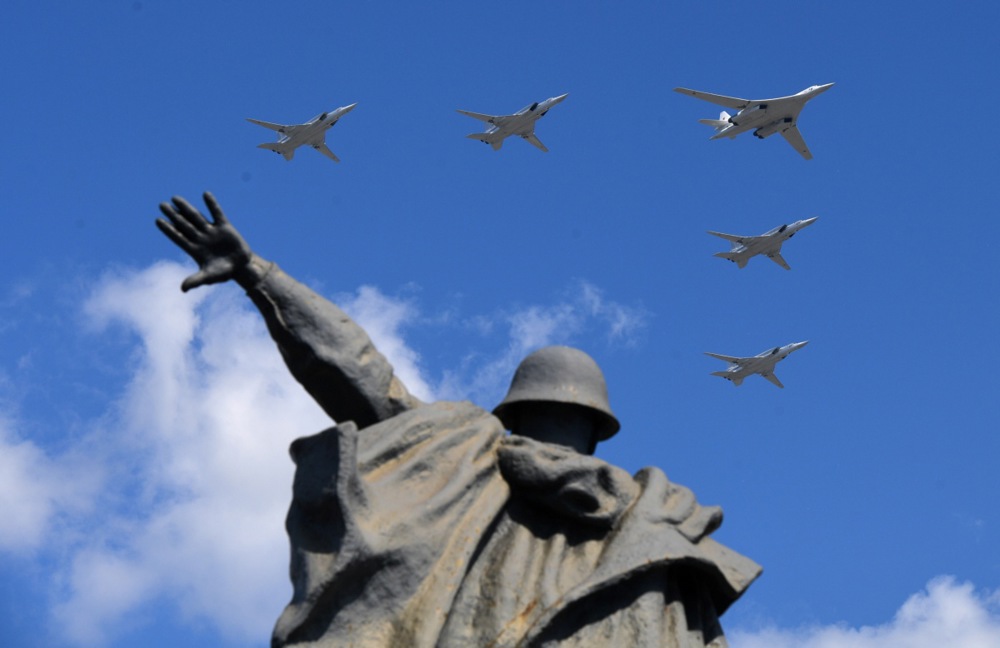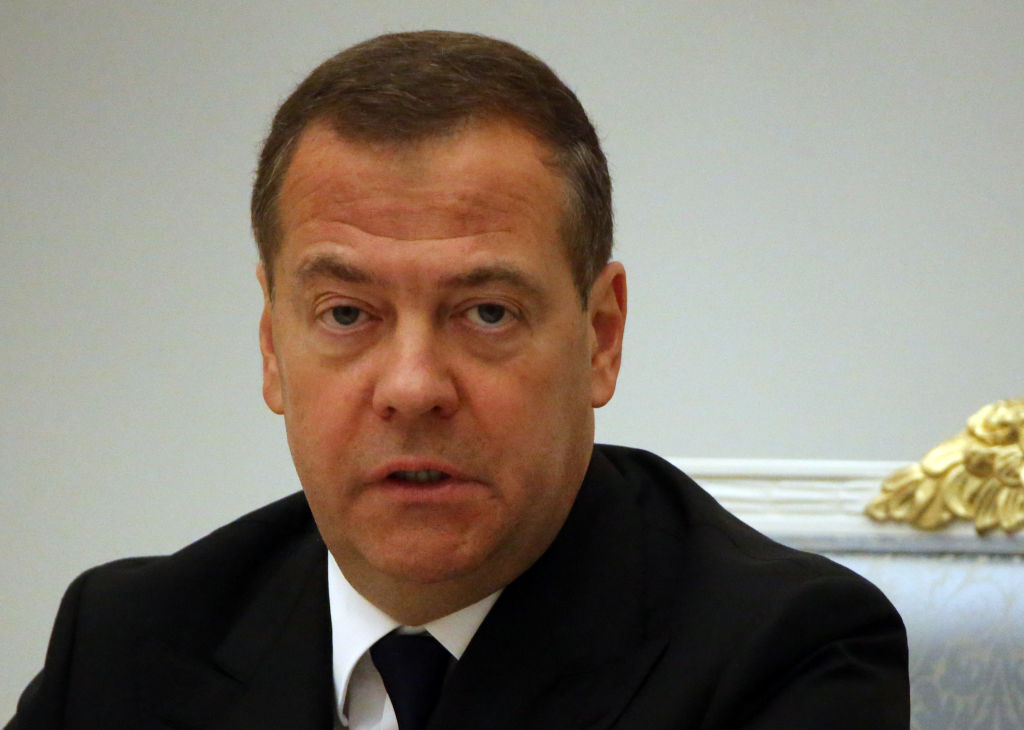Pope Francis has caused outrage in Europe and the US after telling Russian youths on August 28 to remember that they are the heirs of “the great Russian Empire”. The same day, a speech was published in which he blasted conservative Americans.
In a live video address to Catholic youths gathered in the Russian city of St Petersburg, Pope Francis first gave a prepared speech in Spanish. But afterwards, speaking in Italian, he made the controversial statements.
“Don’t forget [your] heredity. You are heirs of the great Russia – the great Russia of the saints, of kings, the great Russia of Peter the Great, of Catherine II, the great Russian Empire, cultured, so much culture, so much humanity. You are the heirs of the great mother Russia. Go forward,” the pontiff stated.
When the Vatican released a text of the address, it did not include the Pope’s improvised remarks but a Russian Catholic organisation did publish a video in which he made the comments.
The incident has caused widespread consternation as Russian President Vladimir Putin has explicitly compared himself to Peter the Great in justifying Moscow’s attack on Ukraine, expressing revanchist and imperialist sentiments; Catherine the Great was the empress who annexed Crimea in 1783.
The Pope’s remarks stirred strong emotions in Ukraine. Oleg Nikolenko, the Ukrainian foreign ministry spokesman, said on Facebook: “It’s precisely with such imperialistic propaganda, ‘spiritual bonds,’ and the ‘need’ to save the ‘great Mother Russia’ that the Kremlin justifies the killing of thousands of Ukrainians and the destruction of hundreds of Ukrainian cities and villages.
“It’s very unfortunate that Russian imperialistic ideas, which are essentially the cause of Russia’s chronic aggressiveness, consciously or unconsciously, are voiced by the Pope of Rome, whose mission, in our understanding, is precisely to open the eyes of Russian youth to the destructive course of the current Russian leadership,” Nikolenko said.
The leader of Ukraine’s Greek-Catholic Church, Major Archbishop Sviatoslav Shevchuk, said in a statement on August 28 that the Pope’s words had caused “great pain in the church’s hierarchy and great disappointment in Ukrainian civil society” since the empire lauded by the pontiff was “the worst example of extreme Russian imperialism and nationalism”.
Shevchuk said he feared the Pope’s words could “inspire the neo-colonial ambitions of the aggressor country” and asked the Vatican for an explanation.
“This is truly revolting,” former Estonian President Toomas Hendrik Ilves said on X, formerly Twitter, about the Pope’s remarks. His countryman and Estonian Ambassador to Finland Sven Sakkov said pointedly: “Only Ivan the Terrible is missing from the holy trinity of Russian imperialism.”
Pope #Francis called on the Russian youth to be proud of the Russian Empire, as well as the tyrants and organizers of aggressive wars, Peter I and Catherine II:
"Never forget the legacy. You are heirs of the great Russia: the great Russia of the saints, of the rulers, of the… pic.twitter.com/GGOvhLHnQ8
— NEXTA (@nexta_tv) August 28, 2023
The Vatican allegedly is irritated over the criticism, with Catholic officials regarding it as entirely unwarranted. They pointed out the Pope had also emphasised the need for people to be “bridge builders” and to be “artisans of peace amidst many conflicts, amidst many polarisations that exist everywhere”.
Despite that, sentiment in Ukraine about the Pope remains negative, as he has been seen as sympathetic toward Russia for quite some time. That started with the absence of any mention of the Ukrainian people when Pope Francis visited the Russian Embassy at the Vatican on the day Russia invaded Ukraine. The Vatican only first criticised Moscow’s attack in August of 2022, almost half a year after the war started.
More outrage was caused as comments made in a private meeting with Portuguese members of his Jesuit religious order while visiting Lisbon on August 5 became public. A Portuguese Jesuit had said he had come across many Catholics, including American bishops, who were highly critical of Pope Francis’ papacy.
The Pope had responded that there was “a very strong, organised, reactionary attitude” in the US church, which he called “backward”.
“I want to remind these people that backwardness is useless, and they must understand that there’s a correct evolution in the understanding of questions of faith and morals,” that allows for doctrine to progress and consolidate over time, he said.
In the past, when conservatives criticised the Pope over some of his more liberal political leanings, he joked that it was an “honour” to be attacked by Americans.





